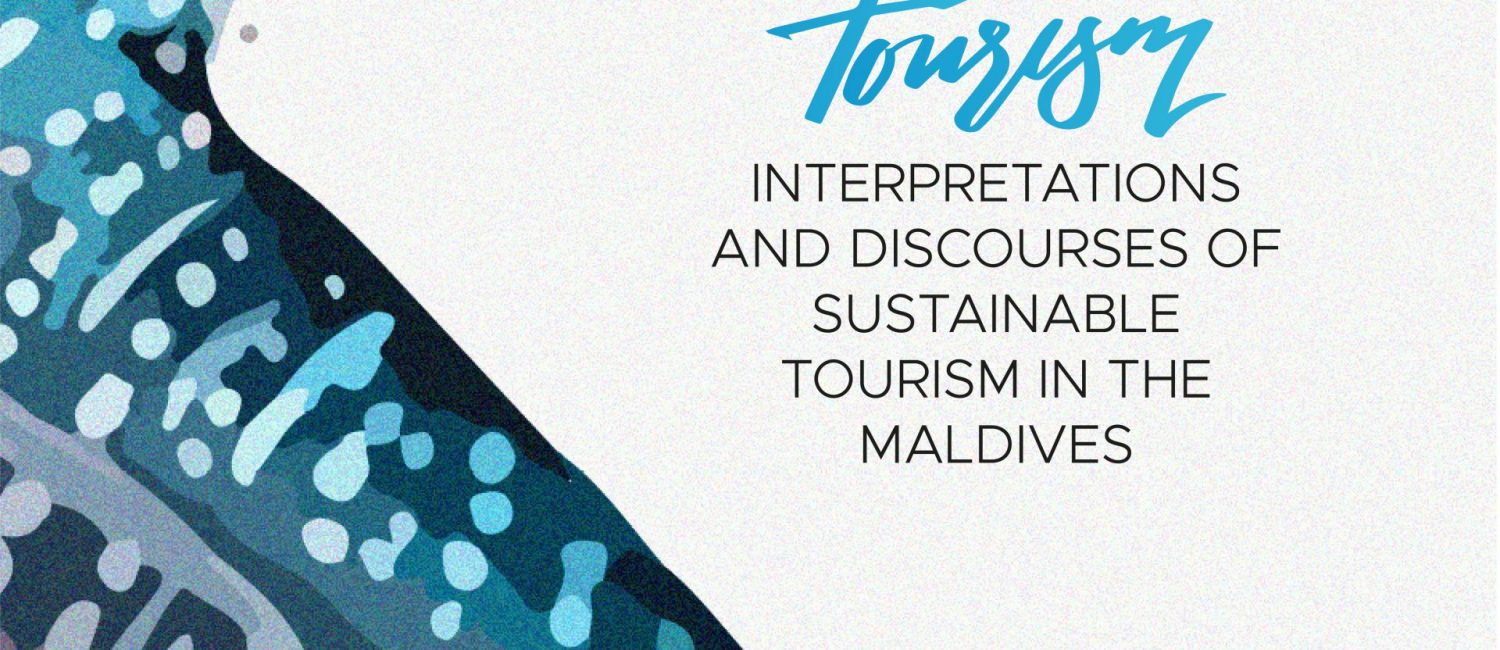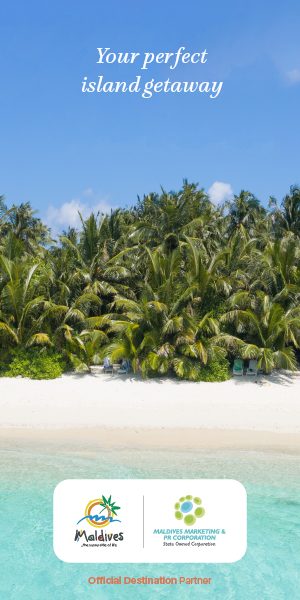Male’ Maldives, 17th October 2022 – IMTM’s Sustainable Tourism Forum (STF) is back for its third edition this year. The IMTM Sustainable Tourism Forum is a platform connecting stakeholders from the Maldives Tourism Industry, encouraging them to engage in dialogue on issues pertaining to social, economic, and environmental sustainability of the country’s tourism sector.
Set to take place on 3rd and 4th December 2022 at the Manhattan Business Hotel at Male’, the STF will explore the theme “What is Sustainable Tourism? Interpretations and Discourses of Tourism Sustainability in the Maldives”.
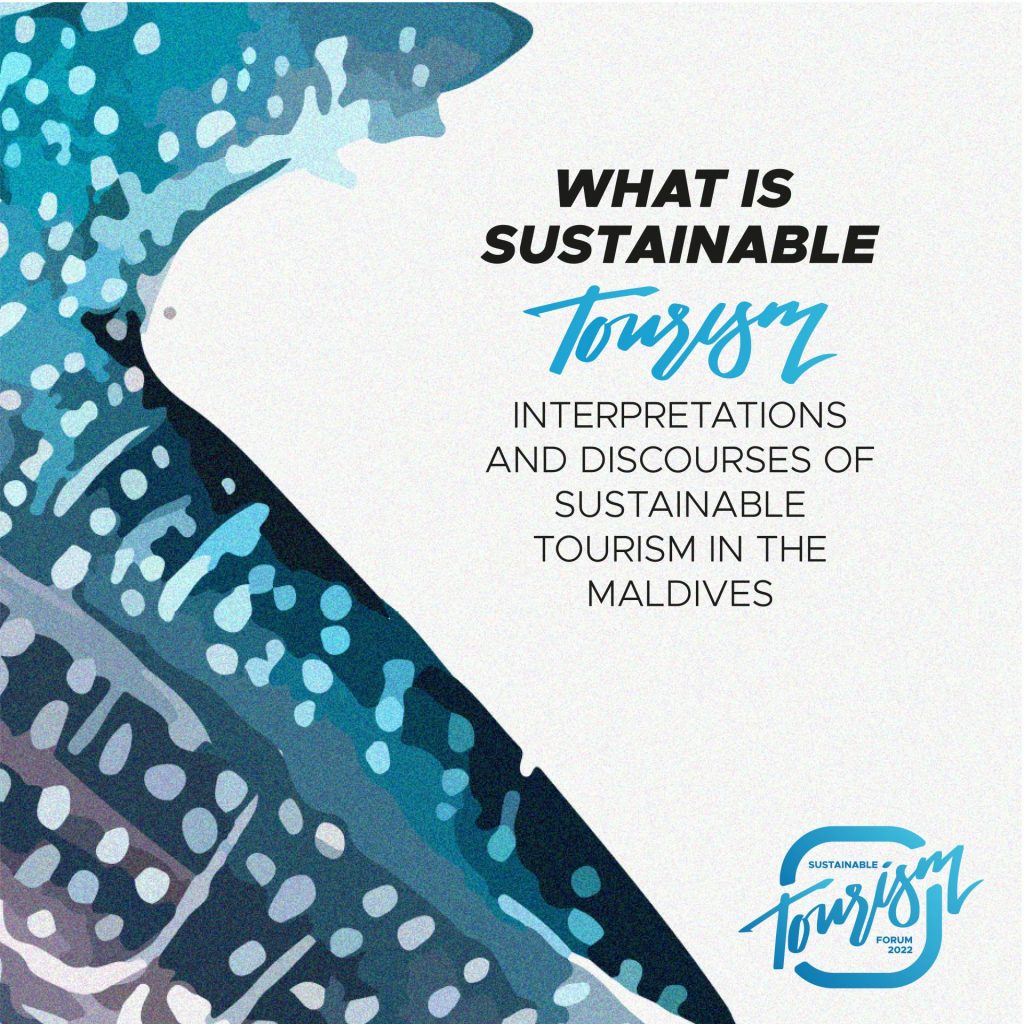
The theme for STF 2022 offers a timely contribution to not only for the Maldives tourism sector, but the whole nation by extension as well. The Maldives tourism is a significant contributor to the country’s economy and development, bringing the most revenue and jobs for the country. In particular, with this year marking the 50th anniversary of the tourism sector in the Maldives, it is important to understand how tourism activities have been carried out in the past and how it has progressed in tandem with national and global development and advancement. This knowledge and the lessons we learn from it is critical to ensure that tourism activities and benefits are sustained for future generations.
Maldives Tourism: From humble beginnings to a global leader
The Maldives welcomed its first tourists in 1972 to what is now known as Kurumba Island Resort. The early pioneers built the Maldivian tourism industry on one key concept – untouched natural beauty. Despite the absence of crucial infrastructure and supporting service sector, the Maldives quickly became a global leader in tourism through its innovative ‘one island – one resort’ concept, pristine nature, and unparalleled hospitality and service standards. Over the past 50 years, the industry has evolved exponentially from the initial concept of to include liveaboards, hotels and guesthouse tourism embedded within local communities, as well as expanded its portfolio to introduce homestay tourism in the local islands. Today, the tourism sector has expanded to include over 180 resorts, 13 hotels, over 800 guesthouses, 148 liveaboards and 4 homestays, according to the Ministry of Tourism’s website.
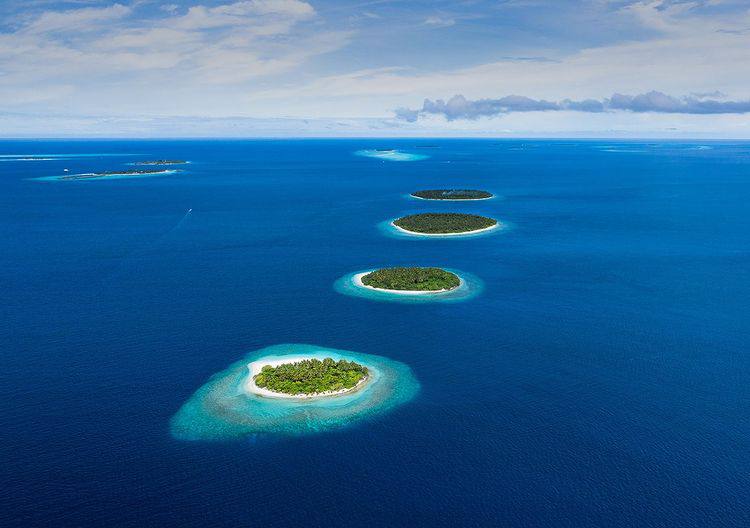
There is increasing recognition among resort operators and the wider tourism sector over the importance of preserving the natural beauty and ecosystems – the beauty and attractions on which the entire industry relies. Multiple interventions are being instilled within the sector to stronghold sustainable practices within operations. These include large investments towards renewable energy, zero-waste and tackling marine pollution and plastic waste. Similarly, several resorts are working on marine conservation and research, working on areas as diverse as turtle conservation, marine ecosystem management, whale sharks and manta conservation, protecting seagrass, grouper fisheries management and ocean plastic. There is also increased effort towards CSR initiatives to address broader climate change induced issues such as water security.
With advancements in technology, the Maldives relies heavily on coastal engineering techniques such as land reclamation, coastal defense mechanisms and creation of human-made islands to both cater for the growing demand on the tourism sector, and protection of existing islands. Coastal medication such as creation of harbors, engineering sea walls and extending land through reclamation has become a necessity to cater for socio-economic demands, as well as an adaptation strategy to global climate change.
In the Maldives, out of the current 106 islands that are dedicated for tourism, 49% are natural islands and 35% are human-made through modern reclamation technology. A further 16% of natural islands have been approved for partial reclamation. Despite the socio-economic benefits that are widely said to be attached with land reclamation, the damage it causes to the natural environment including coastal habitats is an alarming issue – particularly for atoll nations such as the Maldives that exhibit great vulnerability to climate change and natural disasters.
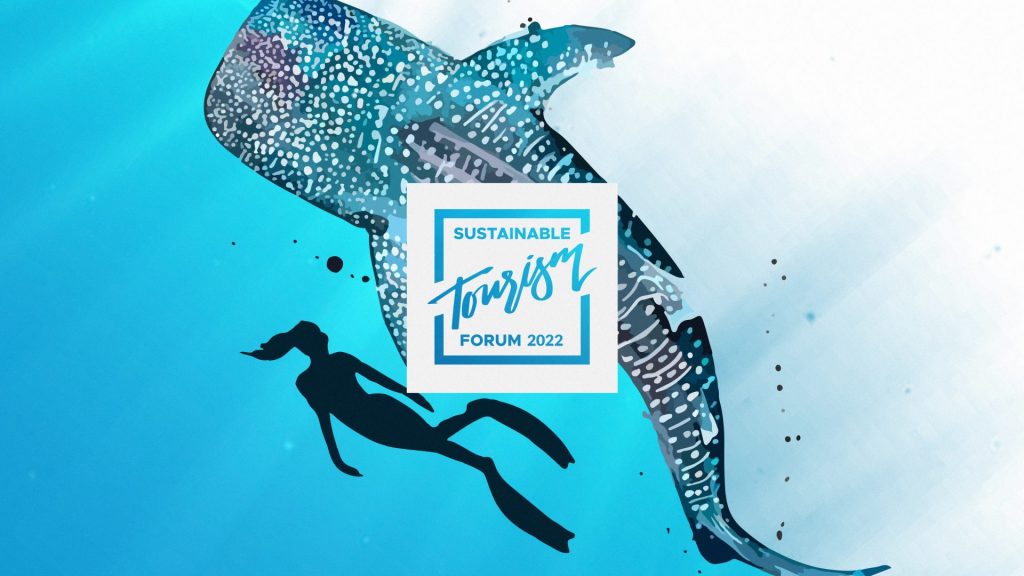
Given the diversity within the tourism industry in the Maldives, the definition, and interpretations of what constitutes a ‘sustainable establishment’ differs significantly among the various actors. As such, the sustainability practices of a purely natural island are likely to differ to that of a human-made island. Similarly, it is likely that sustainability practices are approached differently by large resorts and smaller establishments such as local guesthouses. It is therefore important to identify, discuss and debate the concept of sustainability in the tourism sector in the backdrop of current global trajectories. More importantly, it is imperative that lessons are derived on current sustainability practices among different actors and share these among broader stakeholders to reach a common understanding of what entails sustainable tourism in the Maldives and other small island countries.
A key outcome of the STF 2022 will therefore be to identify criteria for sustainable tourism in the Maldivian context and identify how these can be replicated among other small island nations. Through this forum, we seek to answer the question “What is Sustainable Tourism” and clearly define a “sustainable tourism establishment“.
Furthermore, the STF will provide an opportunity to gather partners in the tourism sector and the public to discuss and exchange ideas and knowledge on sustainable tourism approaches in the context of both natural islands and artificial islands. Given the vulnerability of the Maldives to climate change, and considering the rapid growth of the Maldivian tourism sector, it is essential to engage in a dialogue addressing the environmental sustainability of the Maldives’ tourism and steer our island nation towards a greener future.

